Performance fuelling for time-trials.
How INEOS Grenadiers use Science in Sport to fuel a Grand Tour stage when every second counts
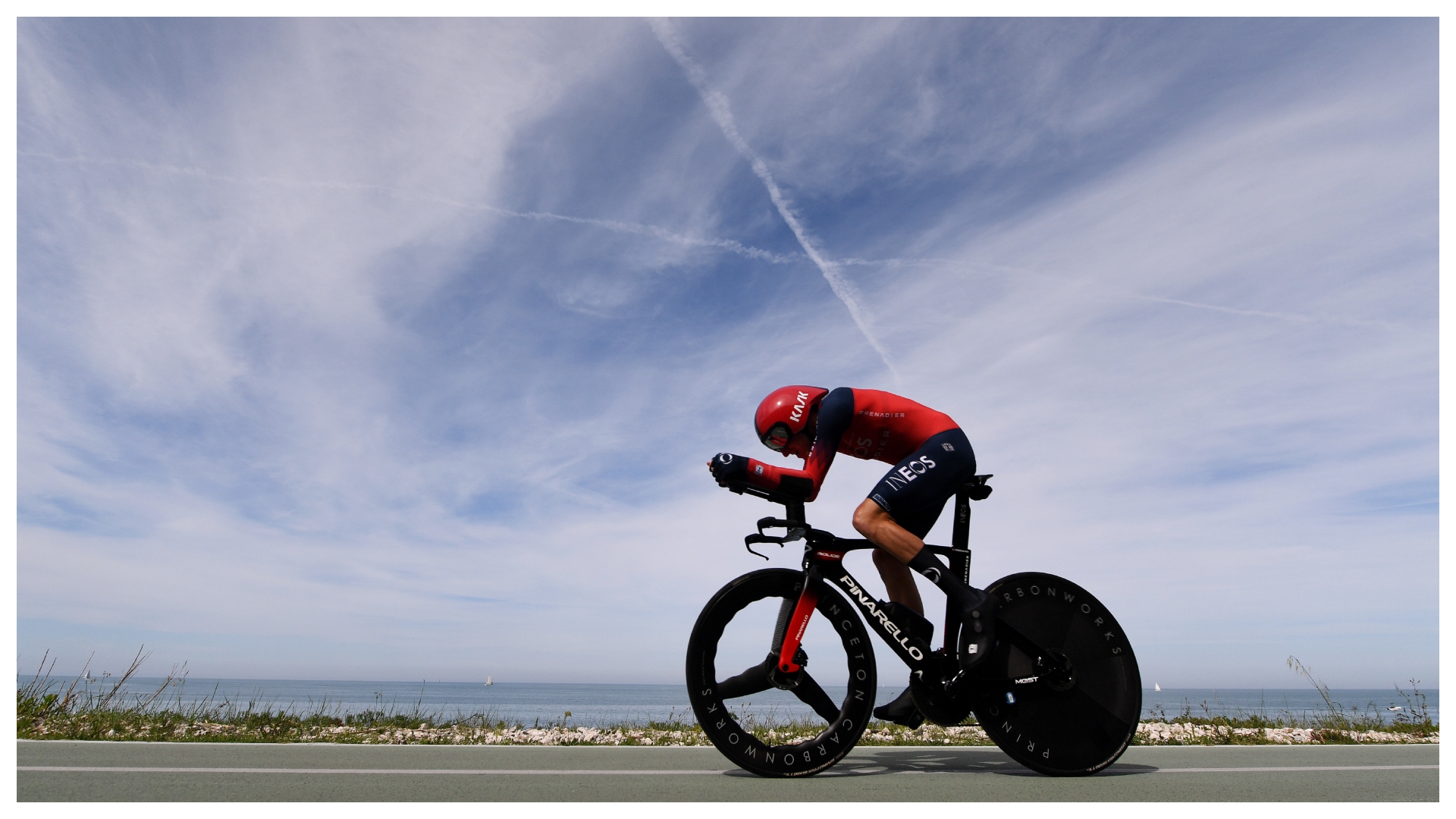
Time-trials hold unique challenges for pro riders and their support staff. Unlike a long road stage a TT is a short, intense effort that requires a rider’s nutrition to be tailored to exact times throughout the day. Meanwhile the team behind the team will have up to eight riders to get ready, all starting at different times and with very different goals for the day.
Performance nutritionist with INEOS Grenadiers, Dr Marc Fell, explains why this makes time trials one of the most complicated days of a three-week stage race for the team. “In an individual time trial every rider will race at different times depending on where they are on GC. Some riders can be very early, others, those high-up on GC and competing for the overall win, will be late in the afternoon. Some riders will be racing to win, others just trying to get through or limit their time losses. Nutrition will be individualised depending on their goals.”
The timing of nutrition is planned working backwards from a rider’s start time. Riders will all be eating, warming up and racing at different times over a six hour period, meaning that the team needs to be paying close attention to who needs to be where and when. “Each rider is given a specific nutrition plan the day before, detailing their timings and the types of fuels they need when.”
Over the whole day, the riders follow an overall plan, starting with breakfast at the hotel. “There is always a choice of different breakfast foods; rice, porridge, bread, jams... When starting to fuel up riders will choose simple foods like rice that are easier on their guts. And of course nearly every team rider will insist on their coffee to get them started for the day.” After that, depending on race timings, there will be a light morning spin, “this will just be 30-45 minutes to wake up the legs and get the systems going a bit.”
Riders will arrive at the team bus at the race start town at different times, but with time to get familiar with the course and have a light meal. “Ideally the pre-race meal would be 3-4 hours before they start. It’s provided on the bus and prepared by the chef. A lot of riders will choose to stick to simple rice and an omelette, topped up with additional rice cakes made by soigneurs. What is quite popular with the guys are Beta Fuel chews – light to eat but packed with carbs.”
Under pressure? Drink your carbs
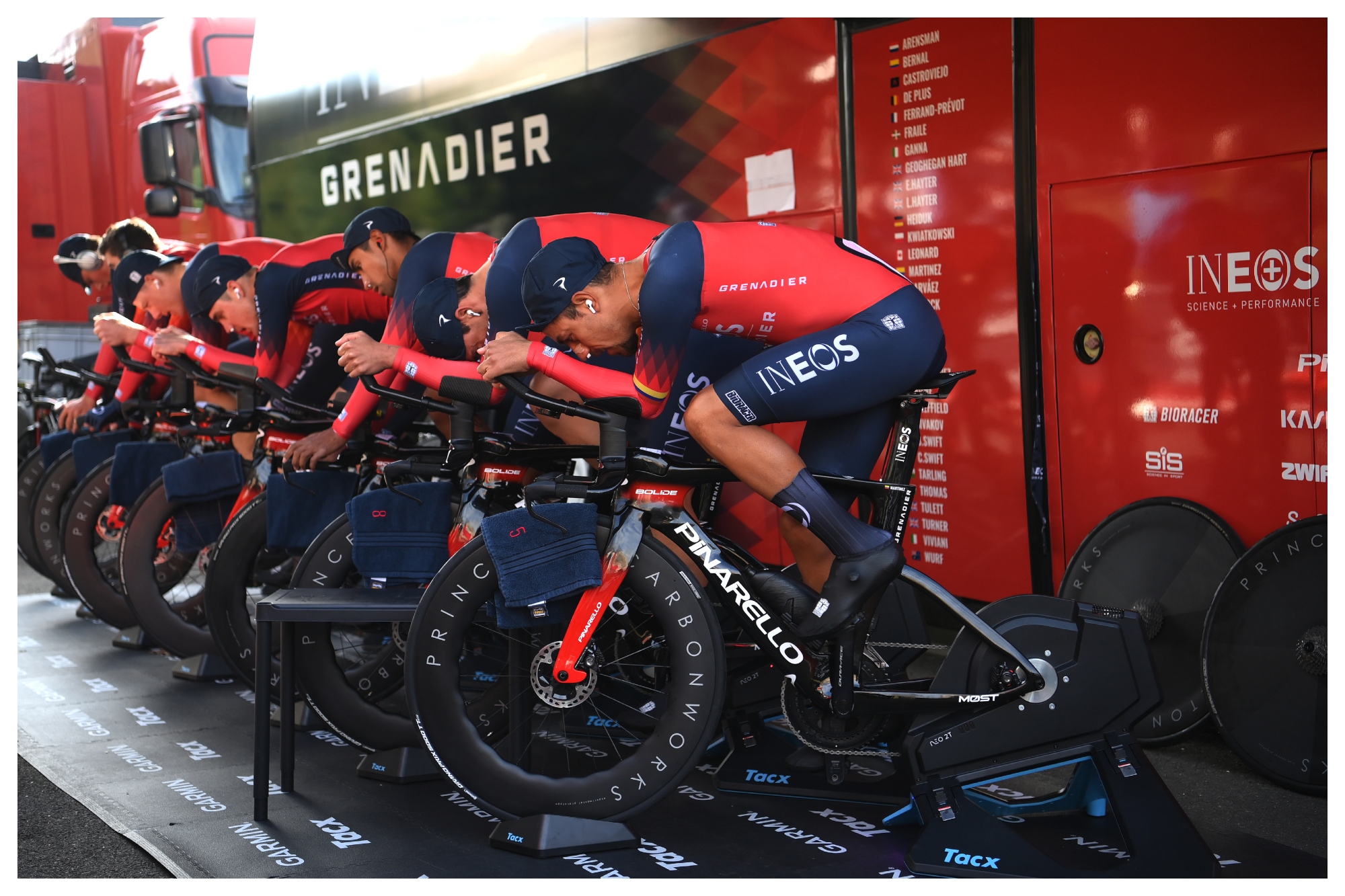
Keeping riders topped up throughout the day can be a real challenge, especially on time-trial days which, due to the logistics involved, can be more stressful. There’s a TT bike to refamiliarise with, aero kit to get into, lots of waiting around and then a lone effort, with no peloton to settle into. For riders feeling nervous, nutritionists need to look for alternatives to solid food to keep them fueled. Dr Fell explains; “Some guys experiencing pressure on the time trial day might not have the appetite to eat. In this case they would use more carbohydrate-based fluids. A Beta Fuel drink contains 80g of carbs equivalent to 250g of rice, an amount of solid food which they may not fancy eating.”
Similarly, after intense efforts riders can lose their appetite for a few hours. In this situation the key is to find carbs that are easy to digest. “As well as REGO recovery drinks we offer simple fruit and yoghurt smoothies that are easy for riders to get down until they are ready for solid food again.”
After a bit of time chilling out on the bus, riders start the all important warm up. “With 45 minutes to go, riders start a short but very intense warm-up. At this point we might introduce some nutritional supplements using caffeine or Beta Fuel nootropics gels. Nootropics can help with decision making and the execution important in a time-trial, such as staying aero, handling corners and sticking to a pacing strategy. Each Beta Fuel Nootropics gel contains 200mg of caffeine, which works out to about 3mgs per kilo for most riders. Riders who don’t tolerate caffeine well will use the Go Energy + Caffeine Gels which is just 75mg.” For comparison a single espresso contains around 65mg of caffeine.
An additional challenge on time-trial days is what happens if a rider crosses the line with the fastest time. “If they end up leading the standings they could be in the hot-seat for anything from one minute to a couple of hours. If a rider is in the hot seat they will be brought food by the soigneur.” For everyone else it will be a REGO recovery drink as soon as they cross the line with solid food once back on the bus.
The latest race content, interviews, features, reviews and expert buying guides, direct to your inbox!
-
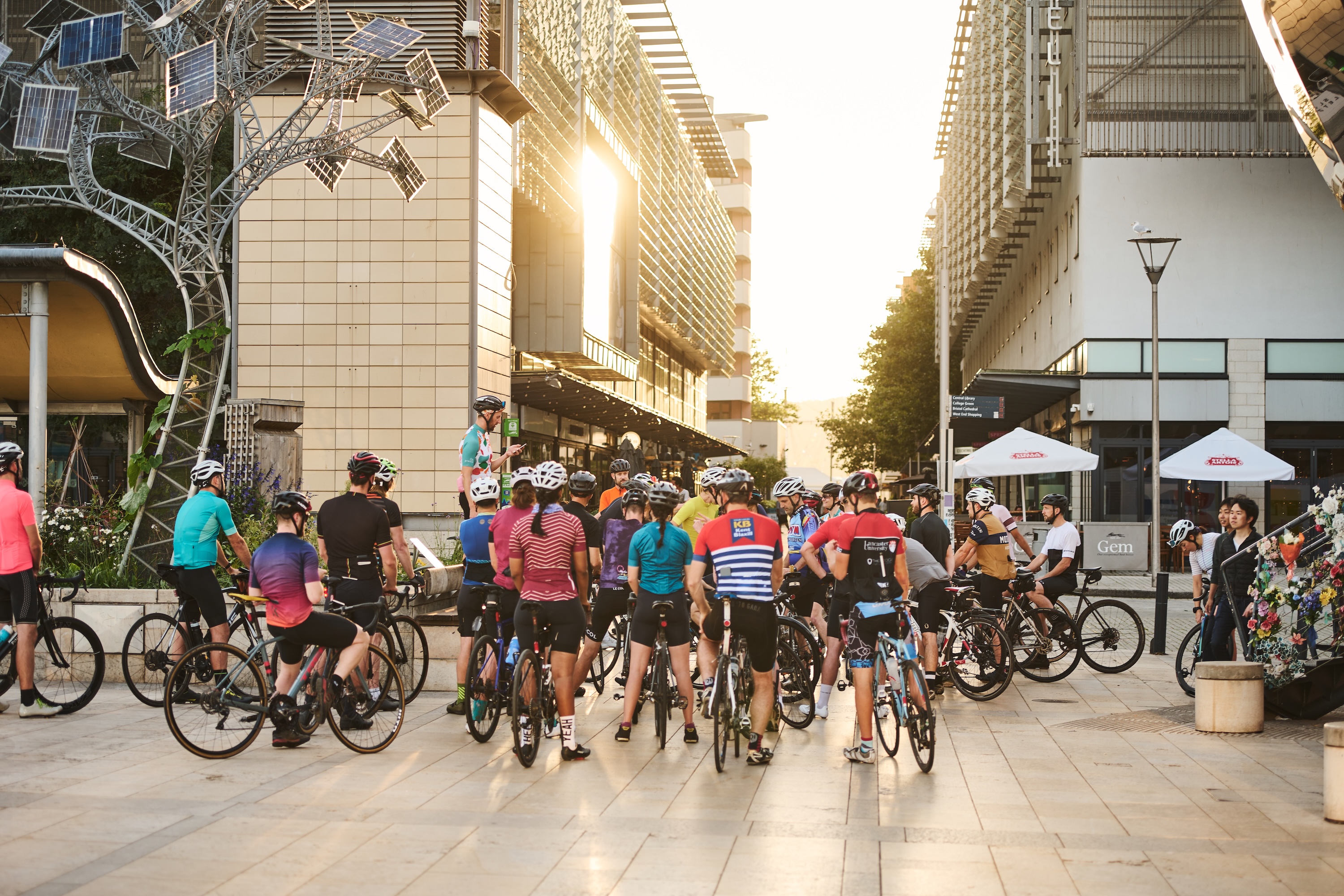 'This is an issue for everyone' – cyclists urged to join solidarity rides with trans community after exclusion from Cycling UK list
'This is an issue for everyone' – cyclists urged to join solidarity rides with trans community after exclusion from Cycling UK listThree rides will take place in Bristol, Edinburgh and London on 14 December
-
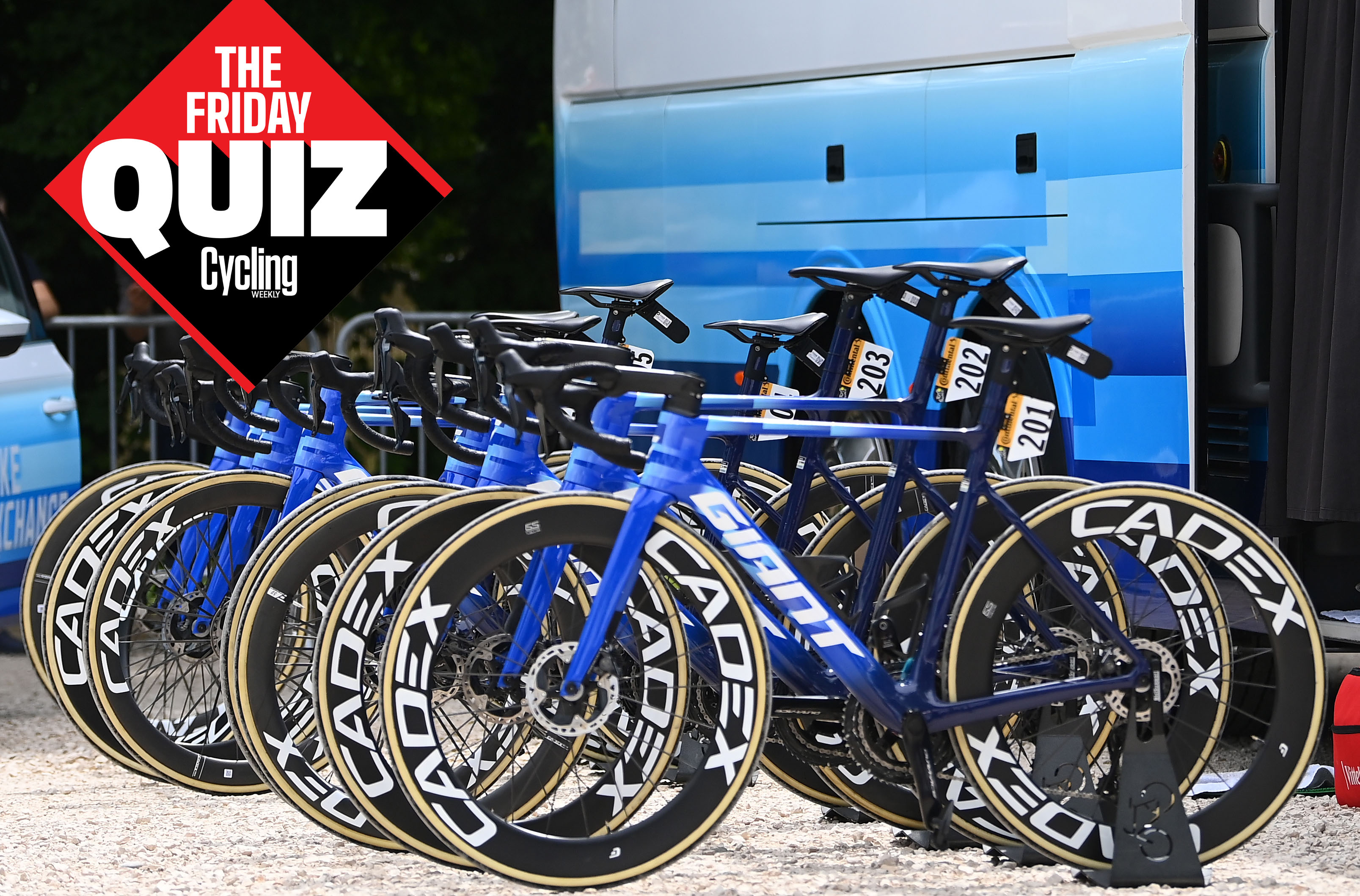 The Friday cycling quiz: How well do you know Giant bikes?
The Friday cycling quiz: How well do you know Giant bikes?Test your knowledge of one of the biggest companies in cycling with our Friday quiz
-
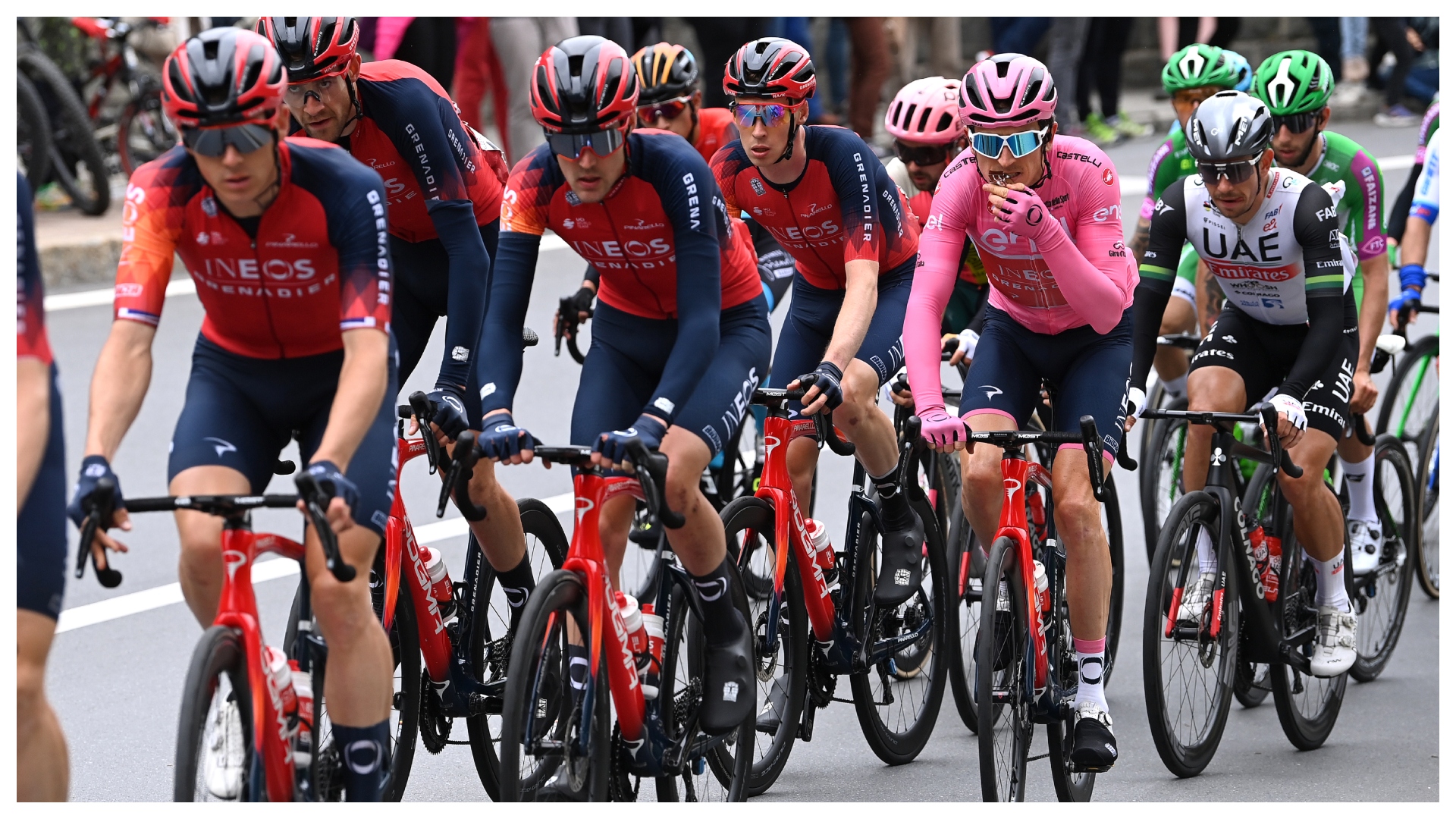 Five nutrition questions answered by an Ineos Grenadiers expert
Five nutrition questions answered by an Ineos Grenadiers expertWe put some hot fuelling topics to Dr Marc Fell, performance nutritionist for Ineos Grenadiers
-
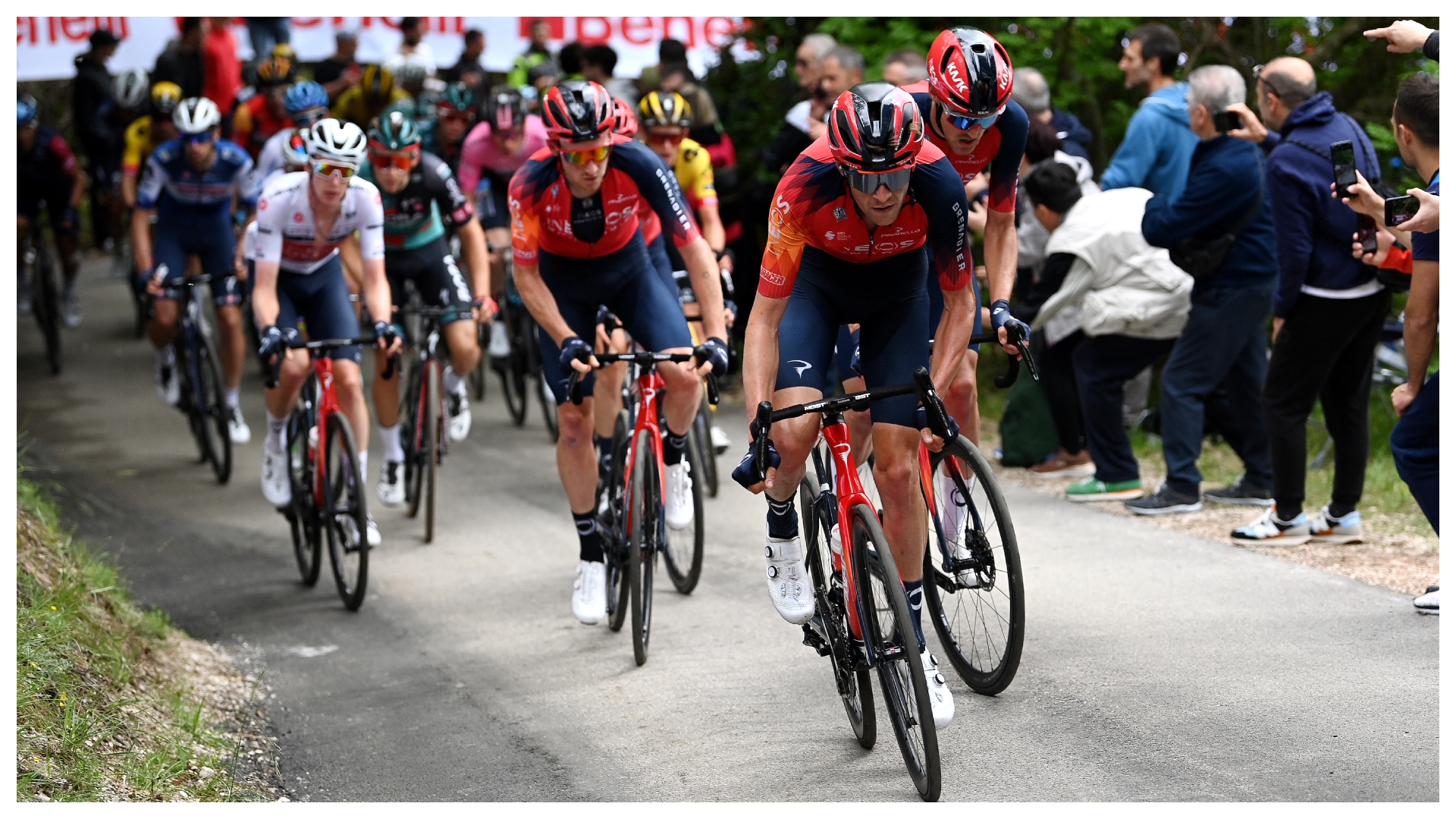 Eating for optimal recovery
Eating for optimal recoveryHow INEOS Grenadiers use Science in Sport to fuel their recovery
-
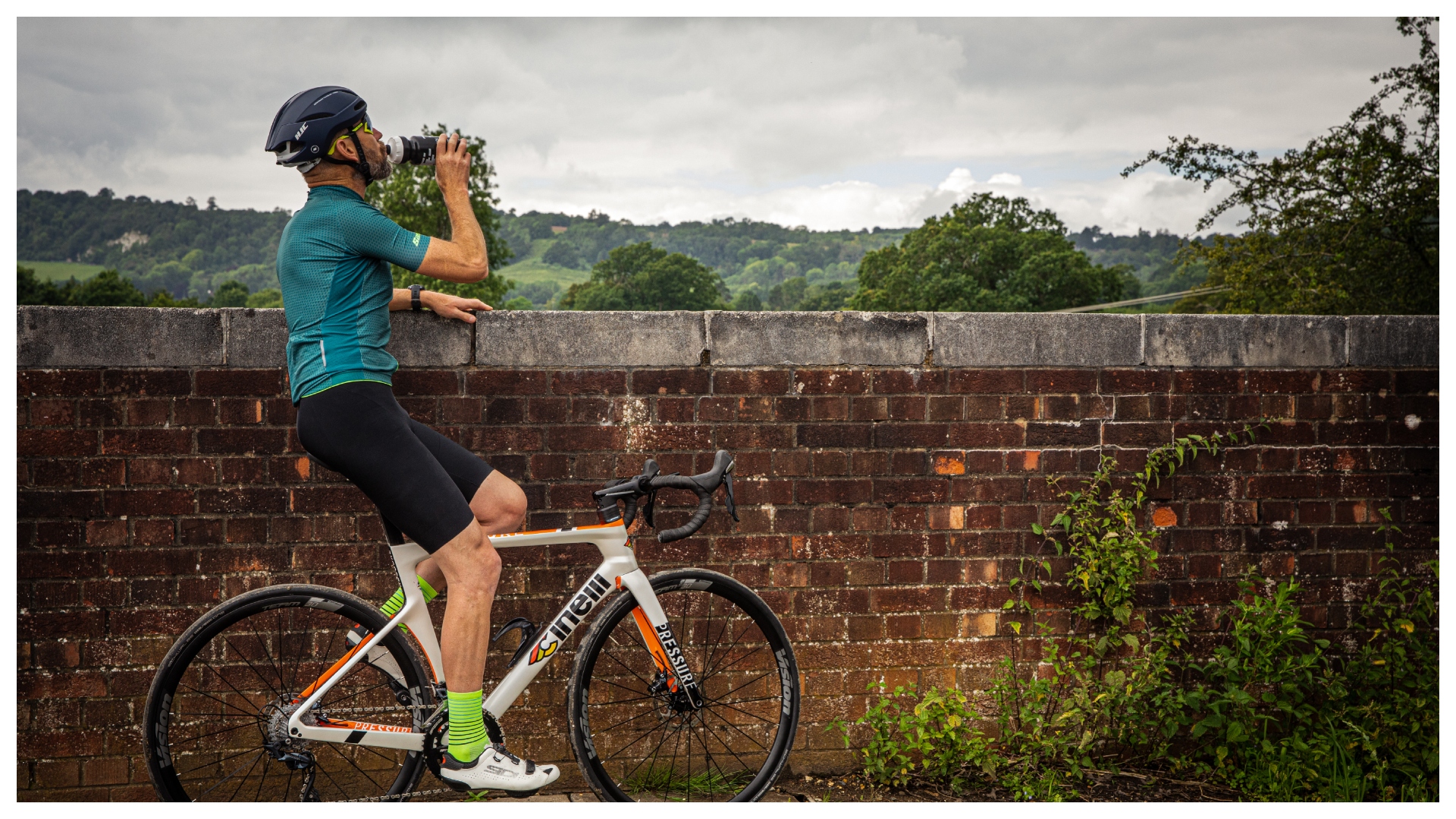 What to drink when cycling - the liquids you need on the bike
What to drink when cycling - the liquids you need on the bikeNot all liquid is created equal - we explain the different types of fluid that'll help you ride further
-
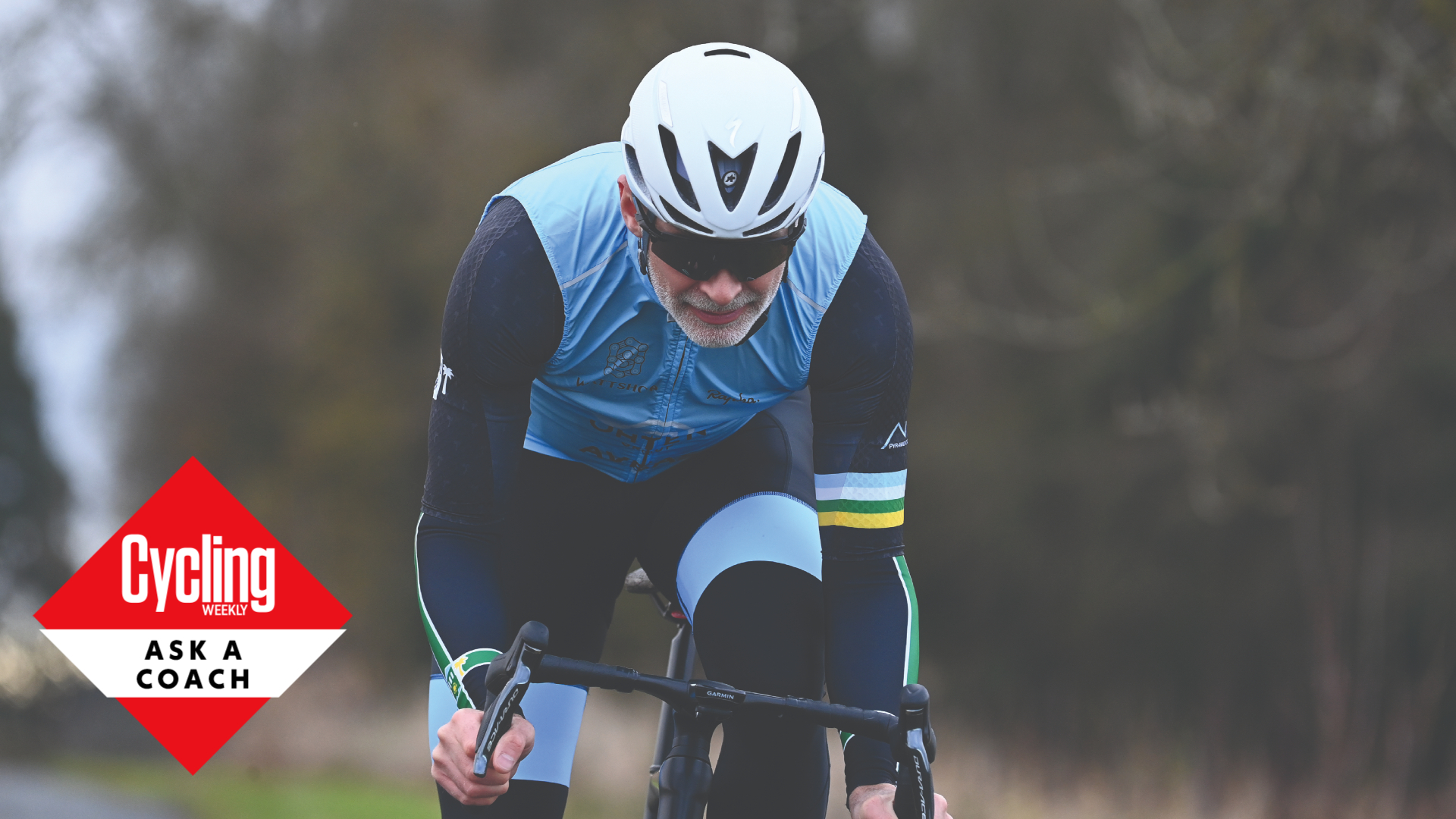 Ask a coach: 'I’m over 40, what is a good VO2 max for my age?'
Ask a coach: 'I’m over 40, what is a good VO2 max for my age?'VO2 max measures how much oxygen your body can utilise in a minute - but how does yours compare to the average, and does it matter?
-
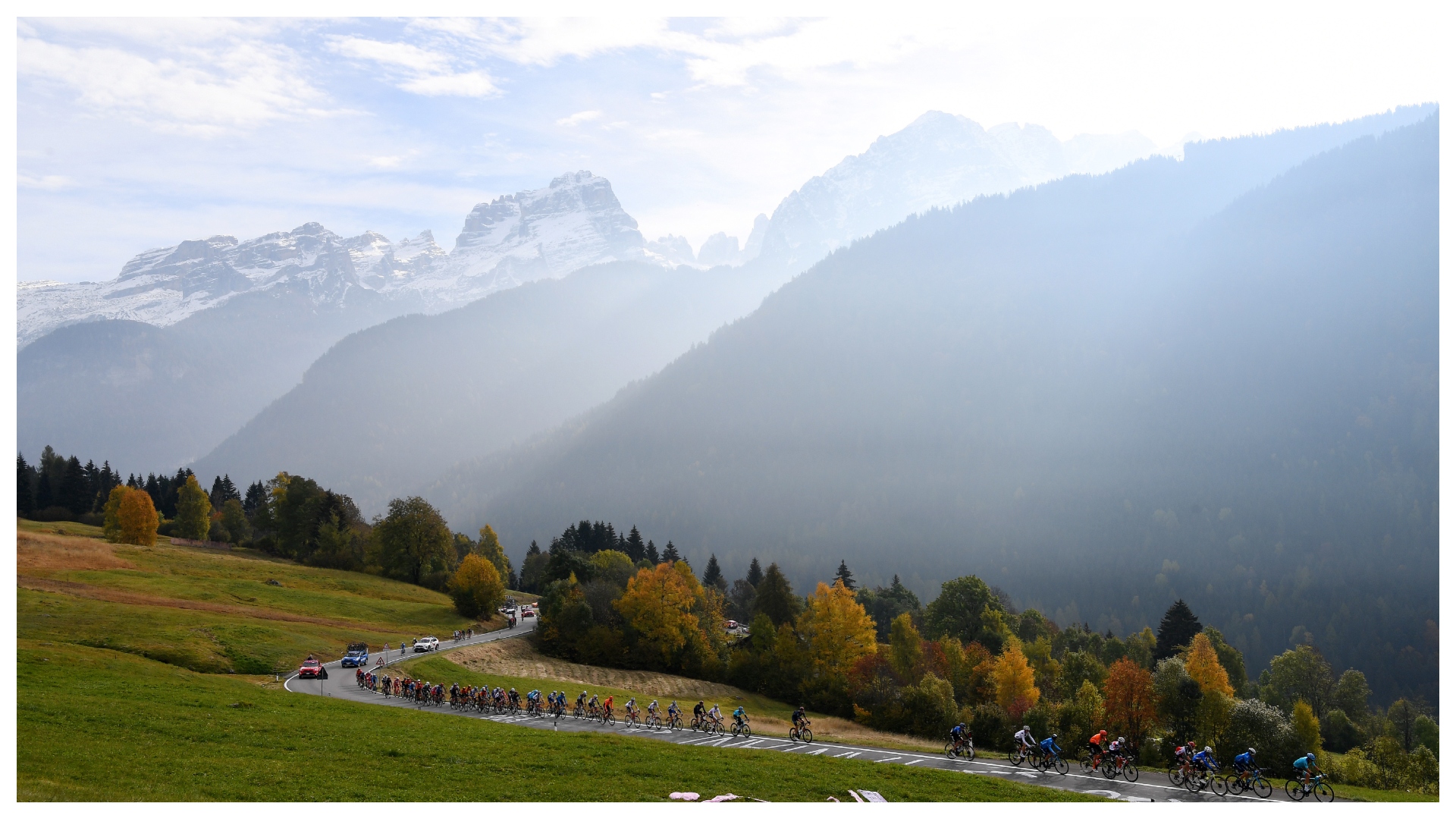 Fuelling for the mountains
Fuelling for the mountainsHow INEOS Grenadiers use Science in Sport to fuel a Grand Tour
-
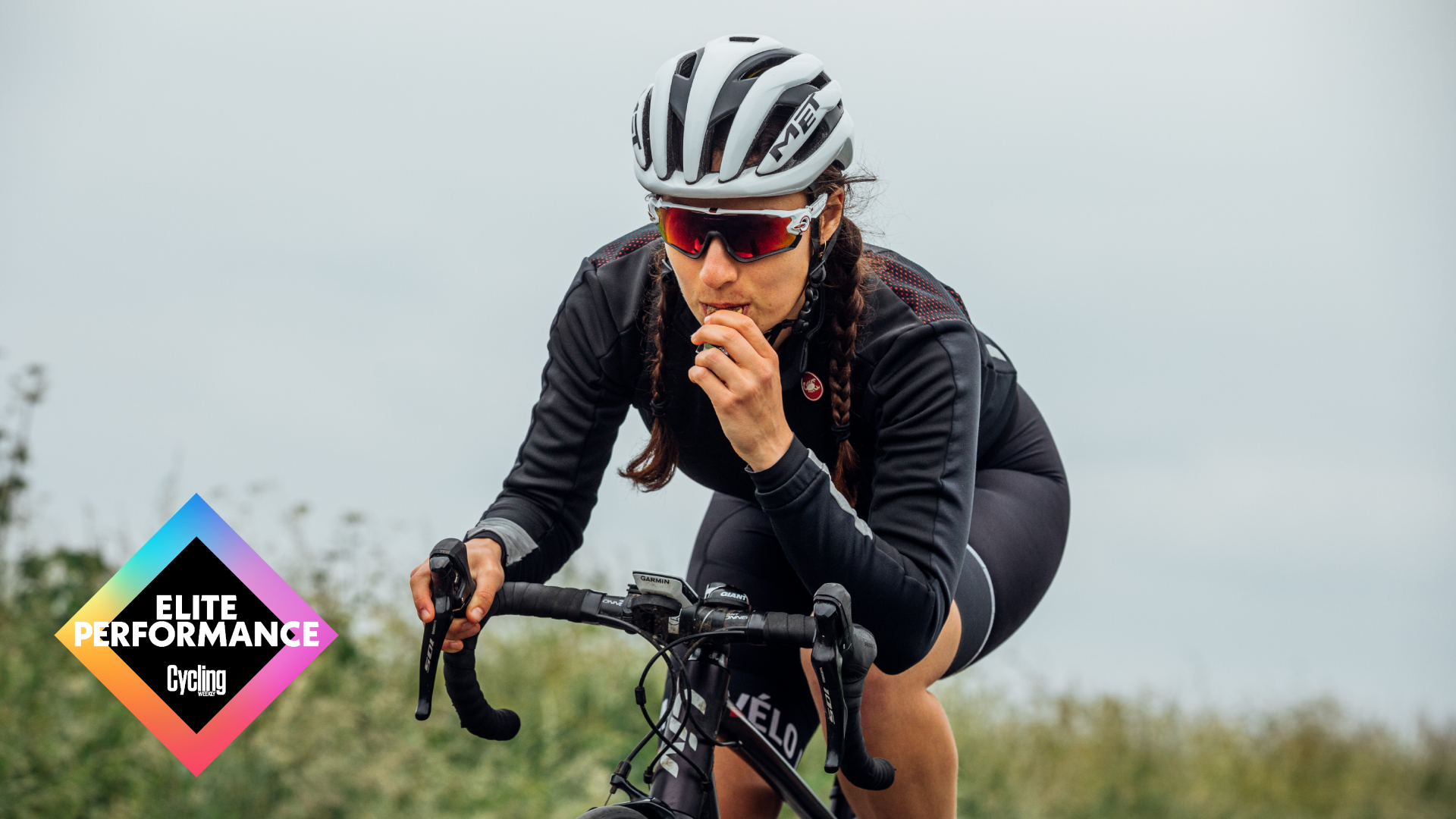 Should cyclists care more about chemicals in sports nutrition?
Should cyclists care more about chemicals in sports nutrition?With so much information now available about sports nutrition, how can athletes make sense of what’s best for them? We chat with two brands and a registered dietitian to get to the bottom of what formulas make sense and why
-
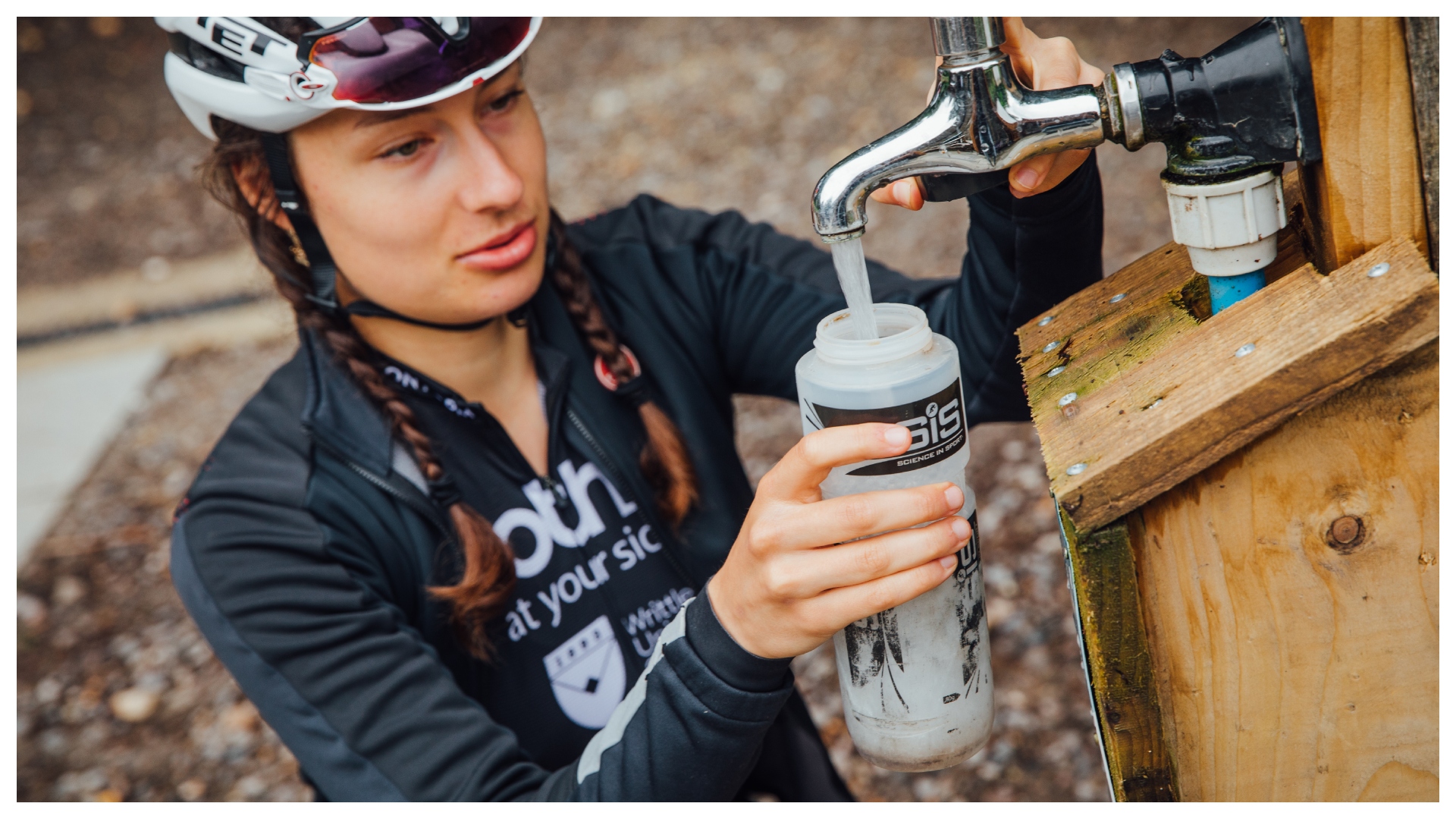 Are these six common sports nutrition rules fact or fiction?
Are these six common sports nutrition rules fact or fiction? -
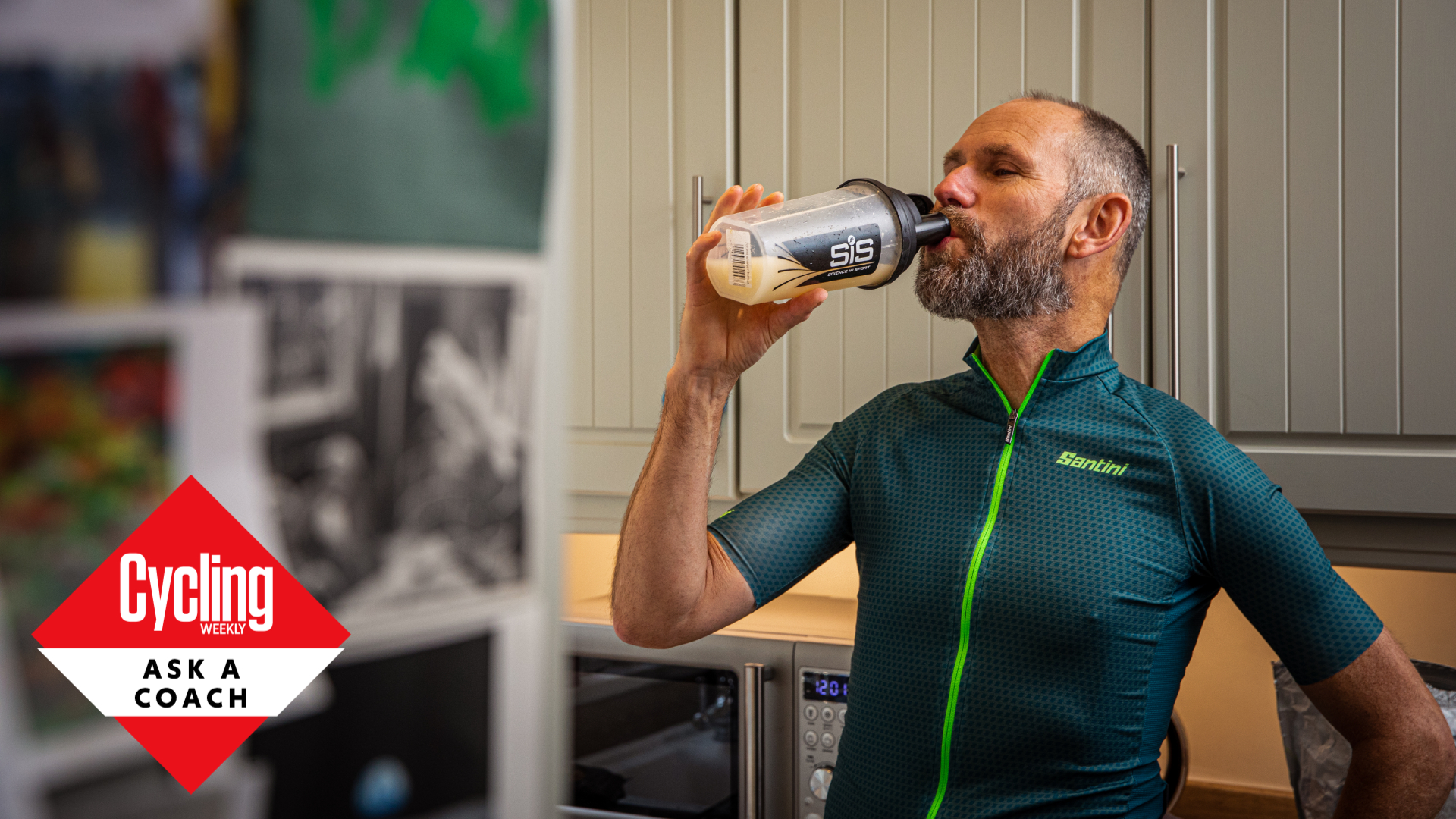 Ask a coach: 'Do I need carbs as well as protein in my recovery shake?'
Ask a coach: 'Do I need carbs as well as protein in my recovery shake?'What is the optimal post-ride macro-nutrient blend?